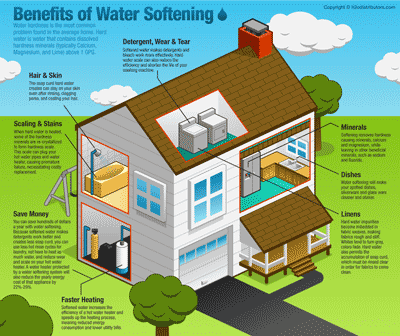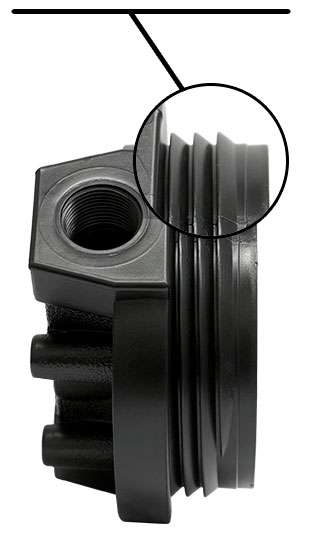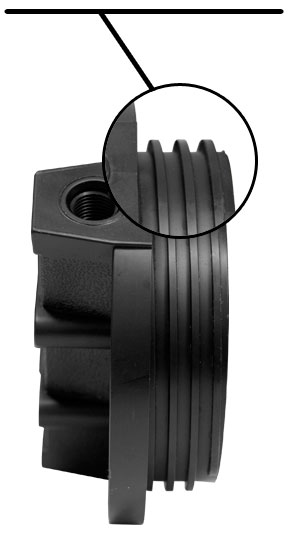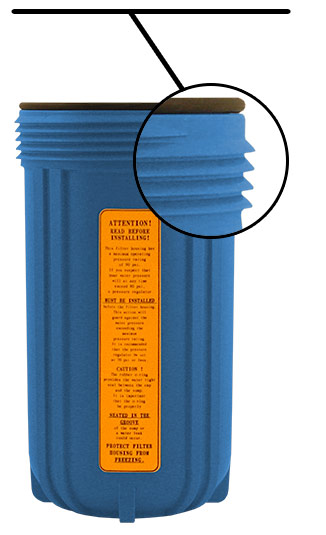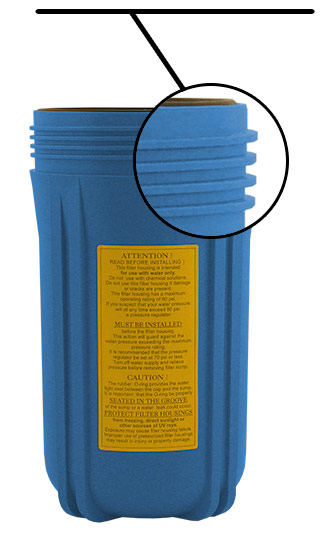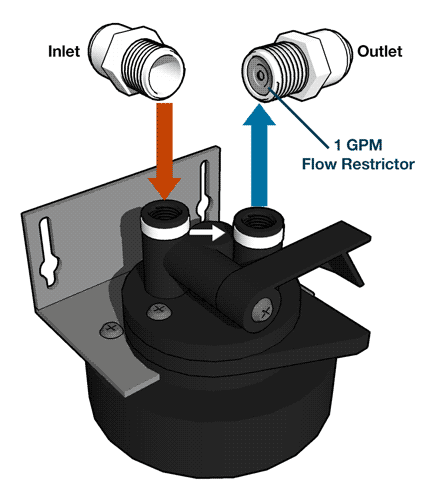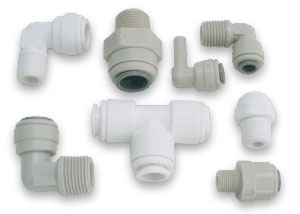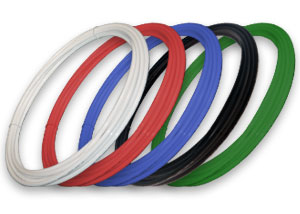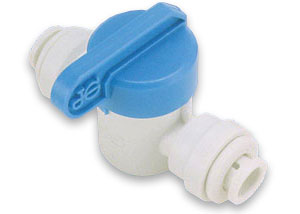6 Benefits of a Water Softener for Hard Water
Wash cleaner.
All fabrics come cleaner when they are washed in softened water and the correct soap and or/detergent. Hard water impurities become imbedded in fabric weaves, making fabrics rough and stiff. Whites tend to turn gray, colors fade. Hard water also permits the accumulation of soap curd, which must be rinsed clear in order for fabrics to come clean. Soft water eliminates these problems.
Save water.
Softened water, with its reduced hardness and less soap curd, permits you to wash fabrics cleaner with less rinsing. Thus, it is often possible for a laundry to eliminate one rinse cycle completely, with no loss of laundering efficiency. Water savings can be considerable; if a 600-pound washer uses 150 gallons per rinse, and is cycled through eight times a day, you can save 6,000 gallons. That’s 25,000 gallons per month, or 300,000 gallons per year, an easy figure to translate into dollar savings. And that’s on just one washer!
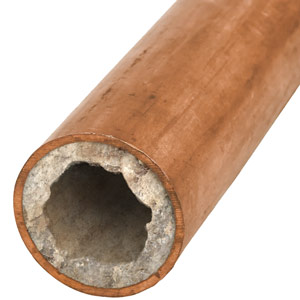
Hard water scale build-up in pipe.
Conserve energy.
If you eliminate one hot rinse cycle, you reduce the energy necessary to heat that water. Using the 150 gallons example above, and applying a heating cost of 0.28¢ per gallon, it costs 42¢ to heat the rinse water. By eliminating the rinse cycle, you thus save $3.36 per day (42¢ × 8 cycles), or $16.80 per week, or $873.60 per year. That’s based on current energy prices, and on one wheel only. When hard water scale builds up in your water heater, you must heat the scale before you can heat the water. That’s an increase you don’t need — and can eliminate with soft water.
Reduce supply costs.
With softened water, less laundry bleach is needed, and chemical softeners are not required. Soaps can be used instead of detergents, which have built-in chemical cleaners. Many of these are formulated either with phosphates or chemicals to buffer water hardness. Experience shows that total supply costs can be reduced as much as 50 percent. Your savings will depend on your present usage level of chemicals, which is directly related to the quality of your water.
Reduce linen replacement cost.
If yours is an in-house laundry, you’re concerned with linen replacement costs. Two things cause fabrics to wear out — mechanical action of washing and chemical action. By using soft water and eliminating one rinse cycle, you reduce mechanical action. By cutting back on bleaches, detergents, and other chemicals (most of which you don’t need with soft water), you reduce chemical action. You can expect linen replacement costs to be reduced up to 40 percent; once again depending on the amount of chemicals you’re now using, and the quality of your water.
Reduce repair and maintenance costs.
Every water-using appliance can suffer hard water damage. Hard water scale clogs pipes and nozzles, damages valves and pumps, impairs machine efficiency. When hard water puts a wash wheel down for repairs, that means lost production as well as repairs. Machine life can also be materially shortened, which means more frequent replacement of costly capital equipment.

